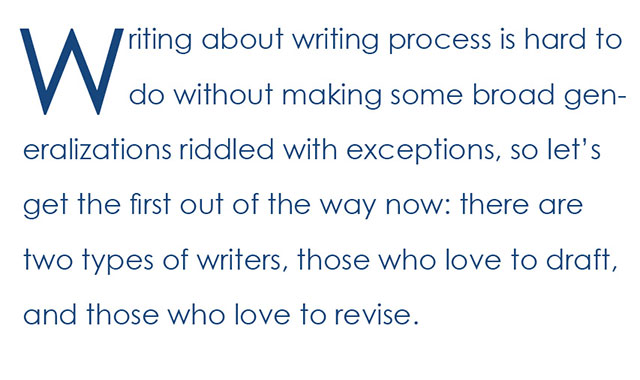These Two Lanes Will Take Us Anywhere: Alice Munro and Bruce Springsteen
By Nicole Haroutunian
Monday, August 17th, 2015 | 4,448 views
Having just published my first book, I am often asked about my influences. I have a great list to rattle off: Lorrie Moore, Jo Ann Beard, Laurie Colwin, Justin Torres, Amy Hempel, Junot Diaz. I could go on. But, if I had only two pedestals to erect, I know who they’d be for: Alice Munro and Bruce Springsteen.
Although I am from New Jersey, my love of the Ontario writer Alice Munro long predates my discovery of Freehold’s own Bruce Springsteen. Given my feelings toward my home state during the period I was first learning about music—like many people, my middle and high school years—it follows that I would have dismissed Springsteen as resoundingly not for me. Munro, on the other hand, I came to early. She was the first author I ever learned about who eschewed novels, publishing only story collections. Some consider Lives of Girls and Women or The Beggar Maid to be novels, but in those books, each story works separately, while still coming together to comprise a whole. Munro’s protagonists are primarily, if not always, girls or women. They are not always, or even often, beautiful. She not only allows tragedy to befall her characters, but she allows them to commit horrible acts. In other words, she lets them be real. I aspire to her bravery in this regard; I still find it hard to reveal the ugliness in my characters. Even more aspirational than her plot or her characters, though, are her sentences.




